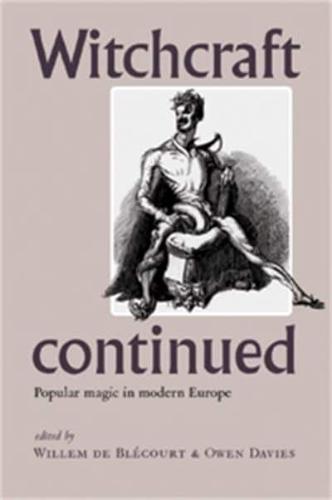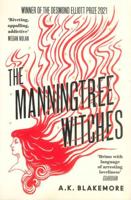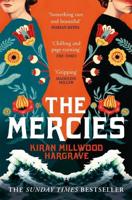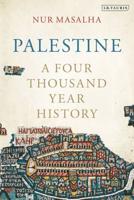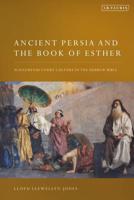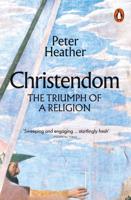Publisher's Synopsis
The study of witchcraft accusations in Europe during the period after the end of the witch trials is still in its infancy. Witches were scratched in England, swum in Germany, beaten in the Netherlands and shot in France. The continued widespread belief in witchcraft and magic in nineteenth- and twentieth-century France has received considerable academic attention. The book discusses the extent and nature of witchcraft accusations in the period and provides a general survey of the published work on the subject for an English audience. It explores the presence of magical elements in everyday life during the modern period in Spain. The book provides a general overview of vernacular magical beliefs and practices in Italy from the time of unification to the present, with particular attention to how these traditions have been studied. By functioning as mechanisms of social ethos and control, narratives of magical harm were assured a place at the very heart of rural Finnish social dynamics into the twentieth century. The book draws upon over 300 narratives recorded in rural Finland in the late nineteenth and early twentieth centuries that provide information concerning the social relations, tensions and strategies that framed sorcery and the counter-magic employed against it. It is concerned with a special form of witchcraft that is practised only amongst Hungarians living in Transylvania.
